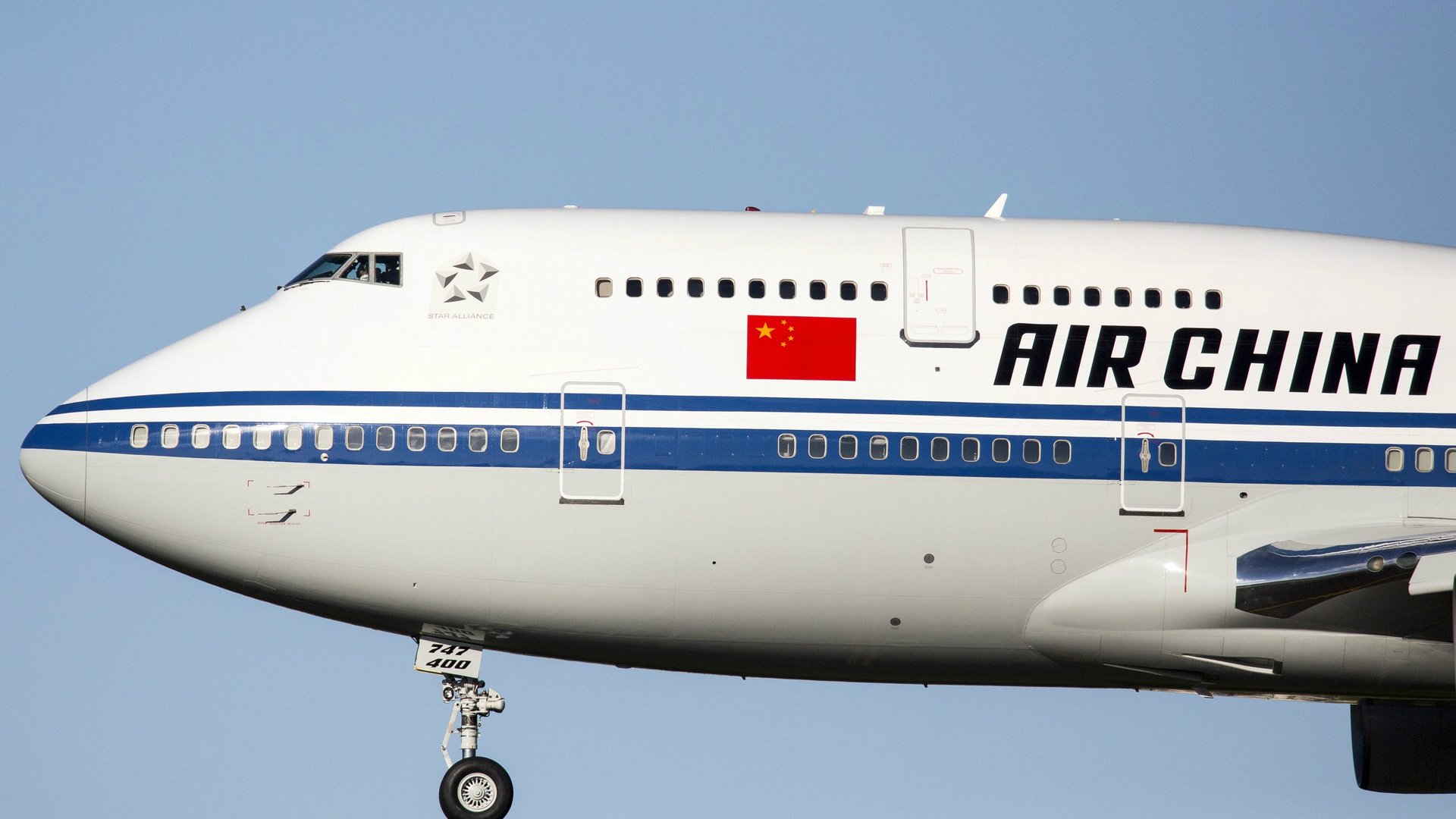Cheaper visas are more important than lower tariffs for boosting Nigeria-China trade
When policymakers want to promote international trade between African countries and the rest of the world, they usually talk about bringing down tariffs and eliminating regulations. They might be ignoring an even bigger opportunity.


When policymakers want to promote international trade between African countries and the rest of the world, they usually talk about bringing down tariffs and eliminating regulations. They might be ignoring an even bigger opportunity.
According to new research, one of the central barriers African traders encounter are the huge costs of meeting their counterparts in other countries face to face. This suggests policies which reduce the price of visas and airplane tickets for these businesspeople could mean large increases in trade that would be a boon for African consumers.
For a recently released paper (pdf), the Princeton University economist Meredith Startz collected data on the costs of over 600 importers in Lagos, Nigeria from 2013 to 2014. She only surveyed importers of consumer products, like electronics and makeup, but not food. Startz found that over 60% of these importers had travelled to meet their suppliers in person, the majority of whom are in China, the United Arab Emirates and the United States. For those importers that did make trips, their travel expenditures accounted for almost 9% of the value of imported goods—more than the combined costs of shipping and regulations
Though the trips were costly, they were worth it, according to the importers Startz surveyed. It gave them the opportunity to learn about new products, and find cheaper and more scrupulous suppliers. They also typically paid lower unit prices and were able to sell at higher markups.
Unfortunately, international travel can be inconvenient and expensive for Nigerian traders. Startz point out that, according to the immigration advisory firm Henley & Partners, Nigeria is among the lowest ranked countries (pdf) in the world by ease of obtaining a travel visa to visit other countries. It also one of the most expensive places from which to fly internationally in terms of price per 100 kilometers flied. Most other African countries also perform poorly by these metrics. If these travel costs were lower, her research suggests many more traders would travel internationally to find the best products, increasing the quality and reducing the price that many consumers eventually paid.
Startz suggests a number of ways these travel costs could be reduced, including lowering the price of visas, but the simplest of these would be to amend Nigeria and China’s air service agreement—China is by far the largest supplier for consumer goods for Nigerian importers. Air service agreements are international treaties which specify the number of airlines that can fly between countries, as well as how often and where they can go. Currently, the agreement stipulates that only one airline from each country can fly into one city in the other country (Lagos in Nigeria and Guangzhou in China).
Previous studies have shown that when restrictive air service agreements are lifted to allow for as many flights as the market will bear, it can bring down flight costs by more than 30%. Startz estimates that such a reduction would lead to an annual economic gain of about $650 million dollars for Nigerian consumers from increased trade alone.